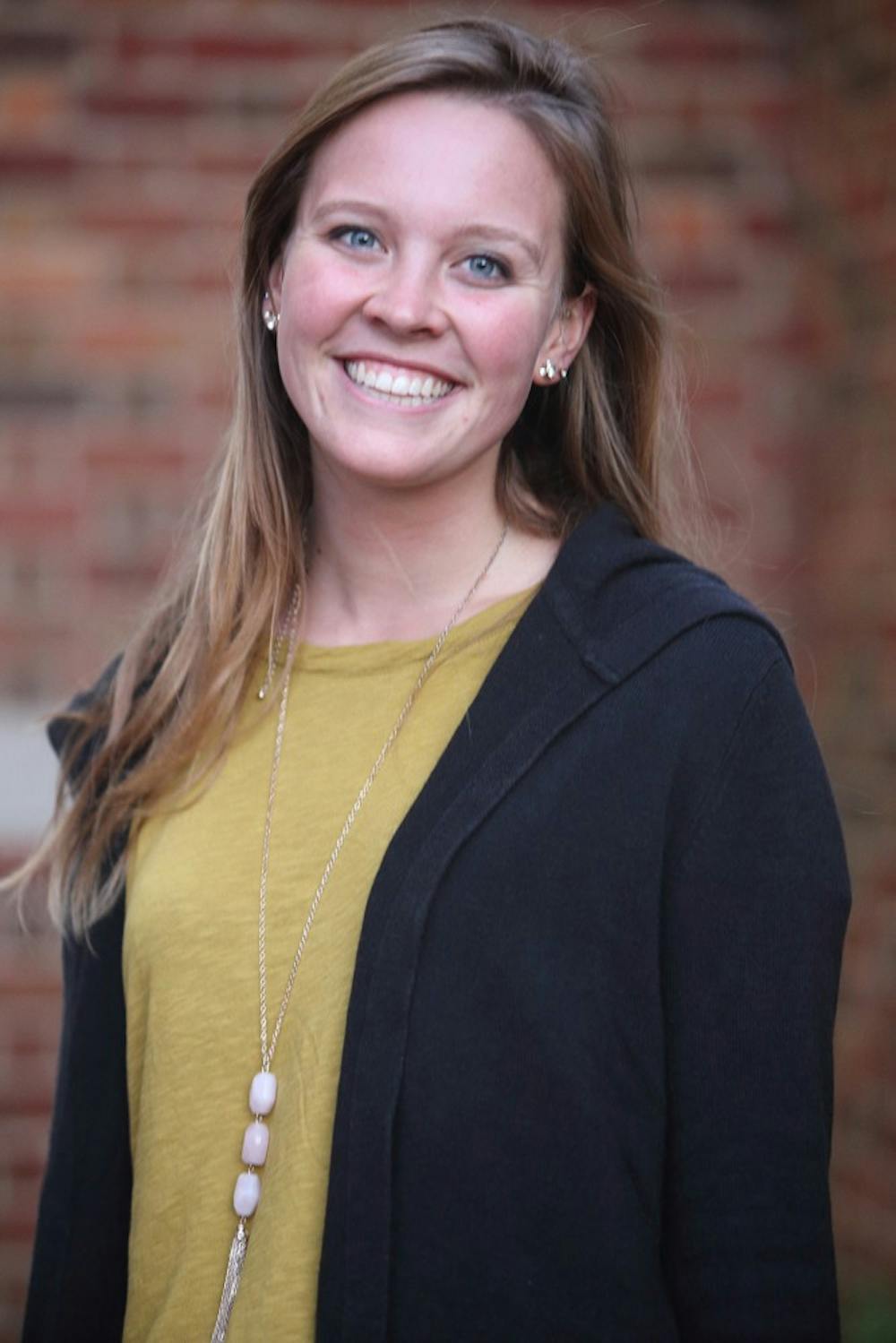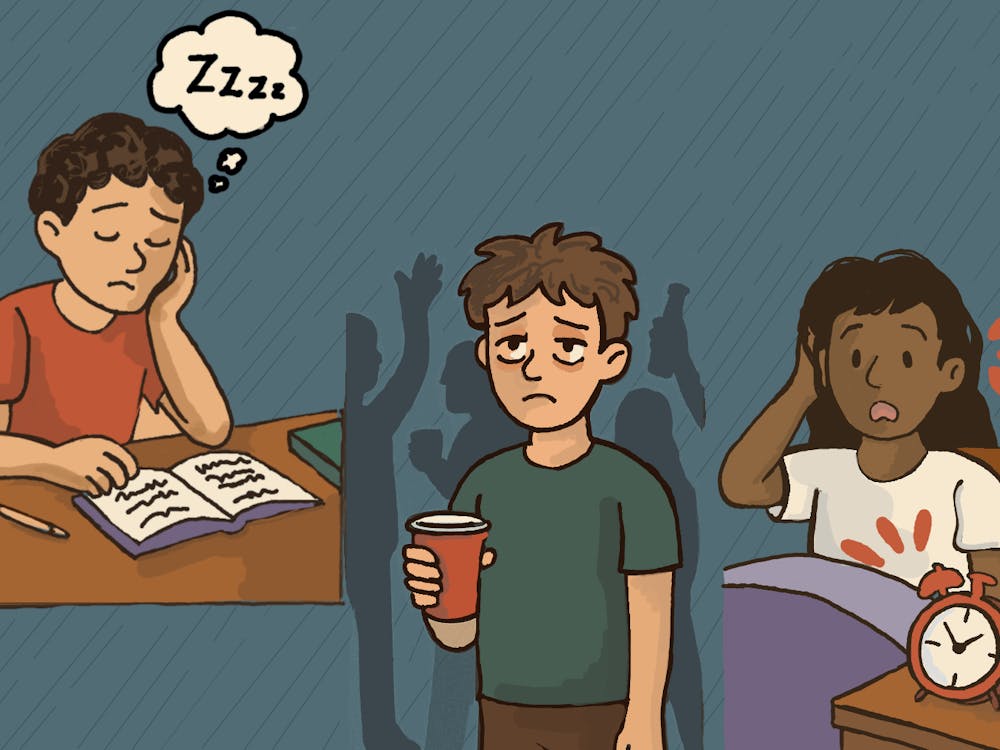It was an innocent enough question, likely asked with far less intention and pointedness than I assumed. But nevertheless, it struck me. It was a post-dinner evening on the ship, and I was sitting in a chair, trying to do schoolwork. A friend walked up and joined me, and we killed time with conversation.
“What do you do?” he asked at some point. “Like, back home. How do you spend your time? What do you do?”
Initially, I assumed the answer to be easy: “I spend time with my friends.”
“But what do you do with your friends?”
My gut response was to say that we talk — which, of course, we do — but I also realized before saying that this was an embarrassingly lame, shruggingly easy answer. In reality, I’ve done all sorts of things with my friends — we’ve camped, we’ve traveled, we’ve gotten good food and listened to great music. We’ve even gone on late night drives, laughing around the country roads of Charlottesville. But thinking about our routine, our regular day in and day out, I silently realized the question stumped me. What did I do?
It didn’t help that my friend seemed to have the perfect answer lined up for himself: with his friends, and alone, he skateboarded, surfed, biked, camped, hiked, climbed — the list went on. I had never thought about the ways in which I spent my time in this sense before, but being asked so point-blank and so innocently left me feeling woefully inadequate.
Yet at the same time, my struggle to articulate how I spend my time at home isn’t because my life lacks activity. I don’t sit around doing nothing. I like to think that I fill my spare minutes with useful measures.
Still, though. When asked the question directly, I had no real response. That was disquieting, undoubtedly and uncomfortably so.
A similar feeling came about when a friend began discussing her struggles with writing a personal statement for medical school. Her mother had advised her to write about what she was passionate about and from there to move on to explain how she had followed this passion so far throughout her life. That, her mother advised, was the recipe for any and all personal statements.
“The problem is,” my friend began, “I don’t have the slightest clue what I’m passionate about. I know what I’m interested in, I know what I enjoy learning about and enjoy doing and filling my time with — but passionate about? God, I’ve got no idea.”
Passion, we agreed, is a dauntingly large word. It almost requires an action to accompany it, and at 20 or 21 years of age, how much action have we truly taken towards anything? Sure, we have interests. We have paths we think we want to follow and places we think we want to go. Sometimes, we even like to pat ourselves on the back and believe that we’ve made legitimate steps towards following those paths and getting to those places. But is that passion? Doubtful, I think.
There’s a great article I once read called “Go Waste, Young Man,” named after a James Michener piece. It discussed the idea of taking time to explore, to wander and wonder, to waste. We can romanticize this notion by labeling it as “finding oneself,” or diminish it by calling it “taking time off.” Point is, there’s a value in slowing down.
It struck me that perhaps one of the reasons I couldn’t think of an all-encompassing and exciting answer to the “what do you do?” question was because at school so much of my time was spent forwarding and fulfilling my academic career and future professional path. Yes, I had fun with my friends, but so much of that fun was intermingled with time spent at libraries — it was time meant to fit around and serve as an escape from schoolwork. It was rarely the center of my day; it was squeezed between textbooks, papers and examinations.
Rather than wandering, rather than drifting and questioning and trying out time-fillers, I was following a laid-out routine and hoping that something called passion would one day bump into me. Or, perhaps worse, that I would think I found passion retrospectively and look back to falsely label any accomplishments up to that point as having been steps taken to fulfill whatever “passion” I later claimed to have stumbled upon.
To insist upon passion — in medical school applications, in personal statements, in cocktail conversations — often unintentionally adds a falseness to the term. When did mere interest become inadequate? If you call anything you do and any way you fill your time something that you’re “passionate” about, passion starts to lose its sparkle. I hope, instead, to embrace not knowing and welcome unsureness, to fill my wasting time with wondering and indulge in my interests. And maybe, through it all, something close to passion will one day wander my way.







